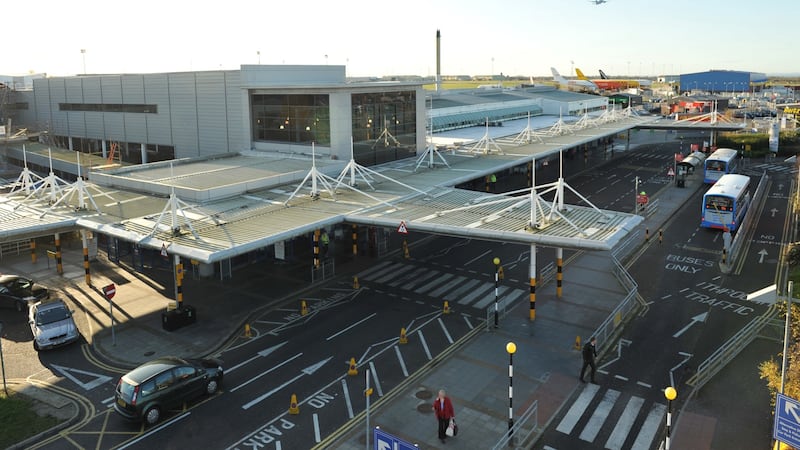IT'S normal for people to expect their government to provide support in times of economic hardship, and over the last 15 years governments have responded to crises with very significant interventions.
The financial sector was bailed out after the global financial crisis in 2008/09. Governments responded to the Covid-19 pandemic by providing unprecedented levels of support to households and businesses and most recently, governments have put in place hugely expensive programmes to cap energy prices.
Although many people are still finding it very challenging to make ends meet, times have changed from previous economic shocks.
When the 1970s oil crisis started to impact, Willy Brandt, the West German Chancellor, was alleged to have remarked that people may have to wear an extra jumper this winter. There were no such government handouts back then.
So why have things changed? Well, the simple answer is that governments can now afford to spend greater sums of money in difficult times.
Economies in the developed world have become much more prosperous and can now fund large scale bailouts and support programmes.
One has to go back to the 1990s to experience a recession where the government did not provide support.
Therefore, our more recent experiences may have raised public expectations that governments will continue to provide support and bailout certain sectors of the economy in response to future economic shocks.

However, this confidence may be misplaced because those intervention over the last 15 years have come at a significant cost.
UK Government debt was 34 per cent of GDP in 2007, but with the financial crisis, Covid and now energy price supports, debt is now approaching 100 per cent. It is a similar trend in Ireland, continental Europe and across the developed world.
The public finances have become stretched and the ability of governments around the world to continue to respond to future shocks will face very real affordability constraints.
They cannot continue to borrow huge sums of money without some view on how this might be paid back. Liz Truss’s ill-fated tenure as Prime Minister reminded us of that very important lesson.
So what is to be done? One of the main problems with a crisis, whether that be financial, health or energy related, is that they happen with little warning and support must be allocated very quickly to large numbers of people. So, policies and programmes that would typically take months or years to implement have to be rolled out in days or weeks.
This creates another problem for governments. To meet this urgent need, financial support is allocated on a universal basis, in other words to everyone, rather than targeted at those in greatest need.
In ‘normal times’ targeted programmes can be put in place, for example allowing people to apply through the welfare system and staff have the capacity to assess each claim on its merits.
But if large numbers of people need support quickly and at the same time, then the system becomes overwhelmed and is unable to provide the necessary help in a timely manner. So universal supports become the preferred approach.
The issue with universal supports is that they are hugely expensive and take resources away from areas of greatest need. One only needs to think of the money spent on Covid grants and tax reliefs to businesses that were relatively unaffected by the pandemic, or energy price supports currently being sent out to higher income households. Surely that money would be much better spent clearing waiting lists on the NHS.
This is not to be critical of ministers or their officials with the benefit of hindsight. Many worked incredibly hard during the pandemic and had to make very difficult decisions with limited information in a very short period of time. Furthermore, as we worked through the pandemic, many supports such as rates relief were subsequently targeted at those sectors in greatest need.
All that said, if we want government to continue to provide support in future crises to those that need it, then we must develop systems and access to information that allows for more affordable ways to identify those in greatest need and target funding appropriately.
Gareth Hetherington is director at the Ulster University Economic Policy Centre (UUEPC)








